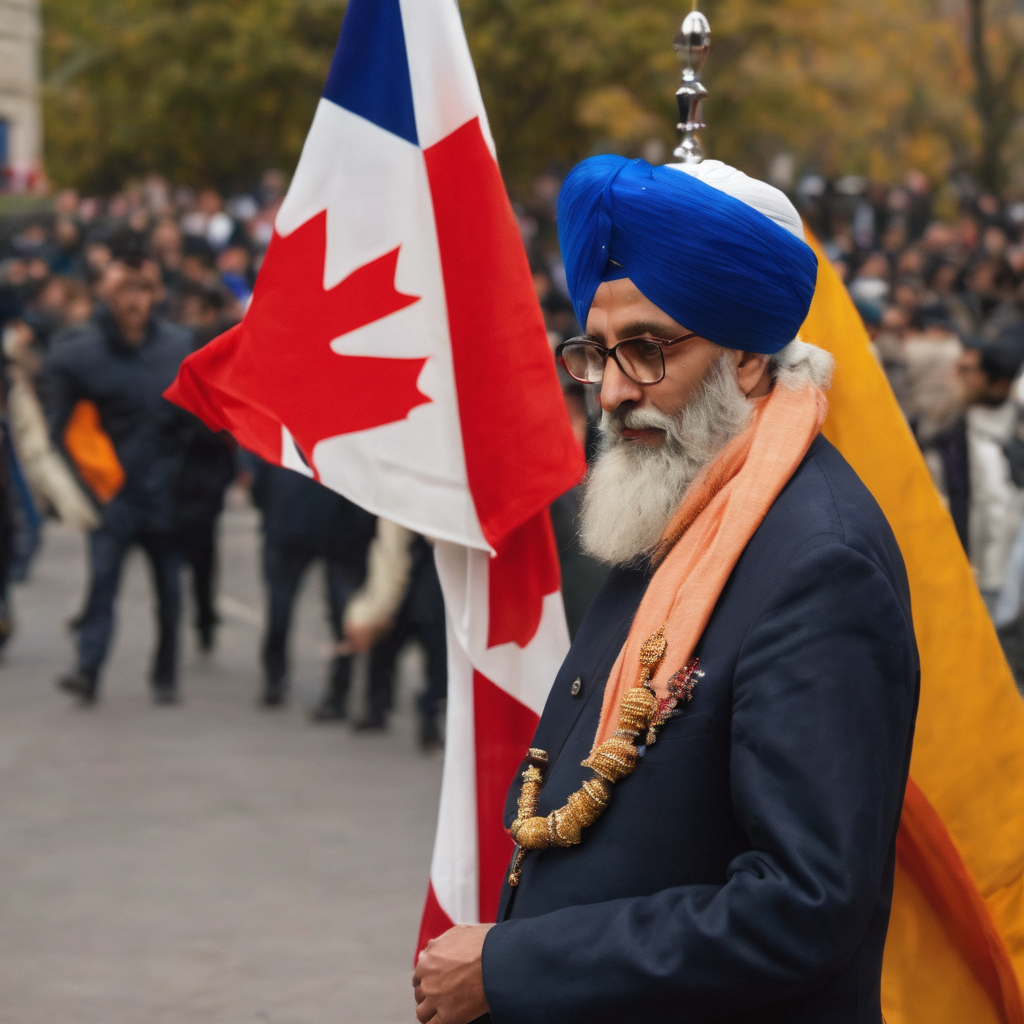Amidst the growing diplomatic tensions between India and Canada Quebec has become India’s tit-for-tat for Canada over the killing of Khalistani terrorist Hardeep Singh Nijjar, Indian politicians such as Bharatiya Janata Party’s Baiyanat Jay Panda have brought back the focus on the Quebec Referendum.
They are arguing that if Canada allows anti-India activities in the name of freedom of expression and keeps on supporting the Khalistani elements, then India should also welcome those pushing for the independence of Quebec.
The French-speaking province of Canada has a history of sustained political movement seeking its sovereignty. In October 1995, the Quebec Referendum for its sovereignty was defeated by an extremely narrow margin.
What is QUEBEC?
Quebec is the eastern province of Canada and constitutes nearly one-sixth of Canada’s total land area. It is the largest of Canada’s 10 provinces in area and is second only to Ontario in population.
Its capital, Quebec City, is the oldest city in Canada. The province’s major metropolis, Montreal is the second largest city in Canada.
POLITICAL IMPORTANCE
Quebec sends the second highest parliamentarians to Canada’s House of Commons. While the governing Liberal Party has 35 MPs from this province, Bloc Québécois — a political party that has been fighting for the cause of Quebec’s sovereignty — has 32 of 78 elected MPs from the province.
THE HISTORY
The history of colonisation in Canada began back in the 1530s. Canada was, in fact, the first French colony. It was claimed for France by Jacques Cartier in 1534. The permanent French settlement began in Canada in 1608. The main aim of the settlement was the fur trade.
For almost 150 years, Canada remained a French colony. In the 1760s, the British attacked Canada and defeated France in a French and Indian War.
As a result, Canada was divided into Upper Canada (British) and Lower Canada (French). The Lower Canada is now called Quebec.In 1867, Canada was united with the British North America Act.
THE FEELING OF SEPARATISM
The demand for a separate nation comes under French Canadian nationalism. The sense of nationalism among the French Canadians resulted from economic and social changes in Quebec since 1890. Notably, before the 1890s, the people of Quebec mostly thrived on agriculture and seasonal work in the timber trade.
However, with the growth of the hydroelectric power and wood pulp industry, Quebec quickly peaked in the industrial revolution. Manufacturing plants were established in Quebec and Ontario, leading to the migration of French Canadian workers into the cities. The sense of discrimination developed among the French Canadians from this point in time as very few facilities were available for them.
The quick rise in the French Canadian population and lack of workable land pushed them to low-paying jobs in the urban industries. Later, it pushed them further to establish urban slums, especially in Montreal. Those part of the movement believe that Quebec would be able to do more good for its economic, social, ecological and cultural development if it’s not a part of Canada.
THE 1995 REFERENDUM
The results of the October 30, 1995 Referendum continue to hold its importance. In the 1995 Referendum, the voting was carried out in 125 electoral divisions of Quebec. With a 93.52% voter turnout, a total 47, 57, of 509 votes were cast in this referendum. With little over 54,000 votes, the Referendum for Quebec’s sovereignty was defeated. While 23, 08,360 votes were cast in favour of Quebec’s sovereignty, 23,62,648 votes were cast for NO option.
IS THE MOVEMENT STILL ALIVE TODAY?
In June 2022, Mainstreet Research — Canada’s one prominent public opinion and market research firm — conducted
a survey poll on Quebec’s sovereignty. Nearly 33% of respondents voted in favour of independence, while 67% of respondents said Quebec should remain part of Canada.
As per Leger’s February 2023 survey, while 33% of Quebecers voted for independence, those in favour of staying with Canada were 51%. Around 10% of voters chose either not to answer and opted for “don’t know”.
It is the drop in respondents choosing to stay with Canada that might have raised the hopes of the Quebec sovereignty movement. Meanwhile, back in India, it is politicians such as BJP VP Panda who are poking Canada by reminding them about the Quebec sovereignty movement.
